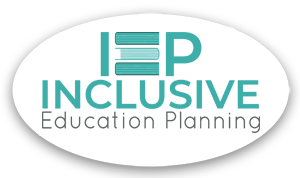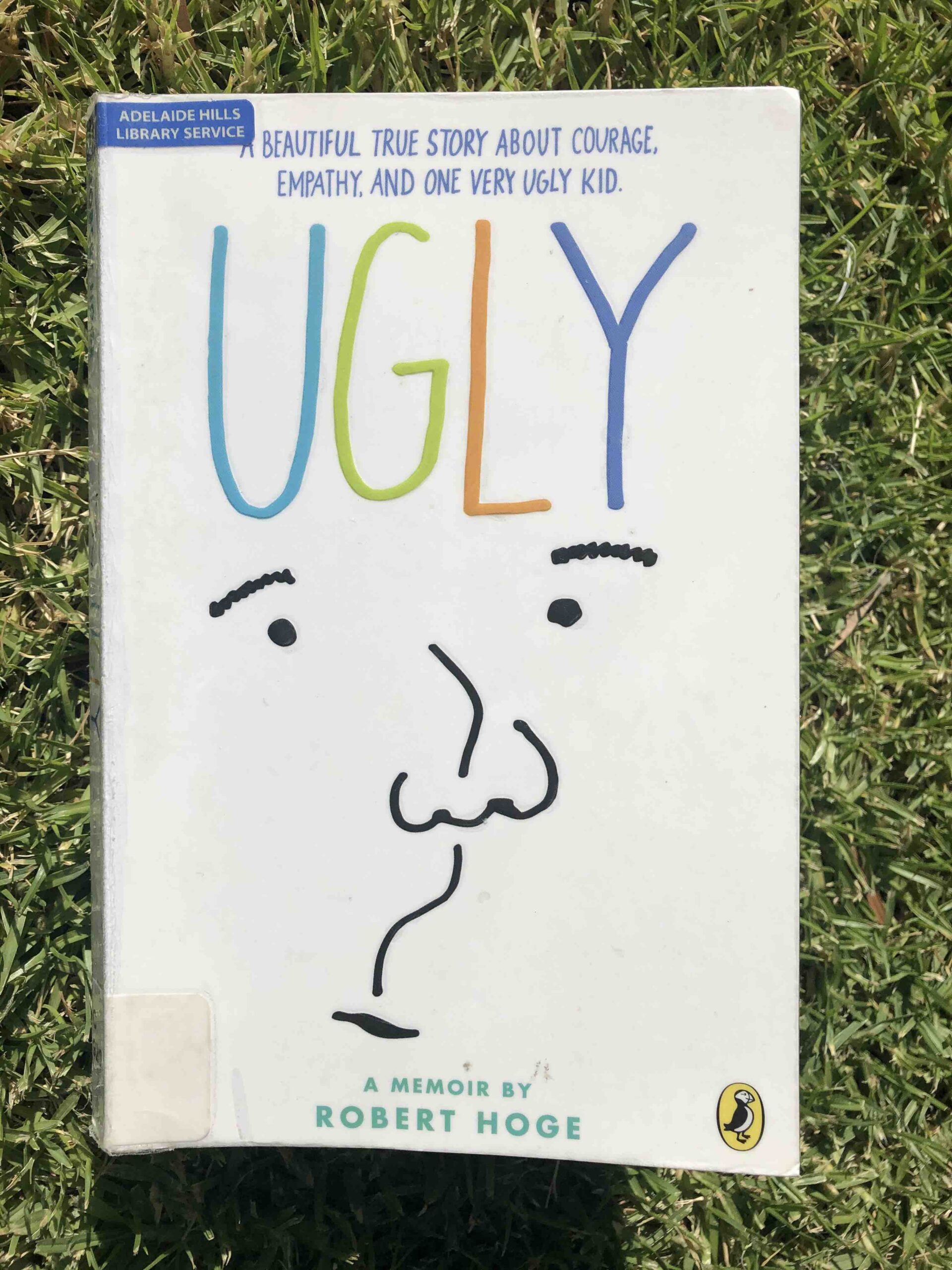
Unschooling: Do neurodiverse students have an inbuilt education system?
I follow several people with lived experience of disability on social media as it provides valuable insights into their thoughts about education. While I often agree with their concerns about education, there are times when my understanding of the science of learning collides with their viewpoint. For instance, the statement





